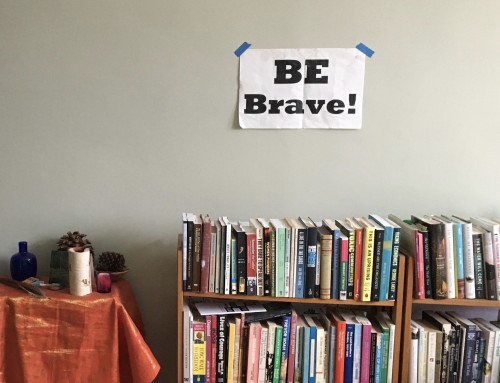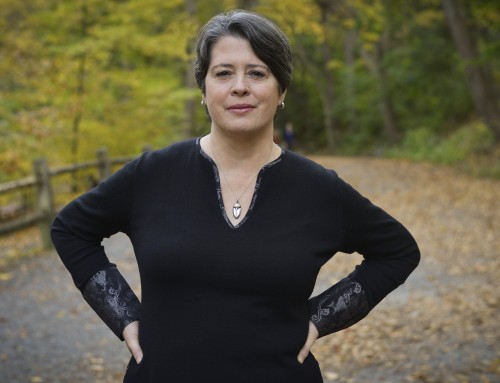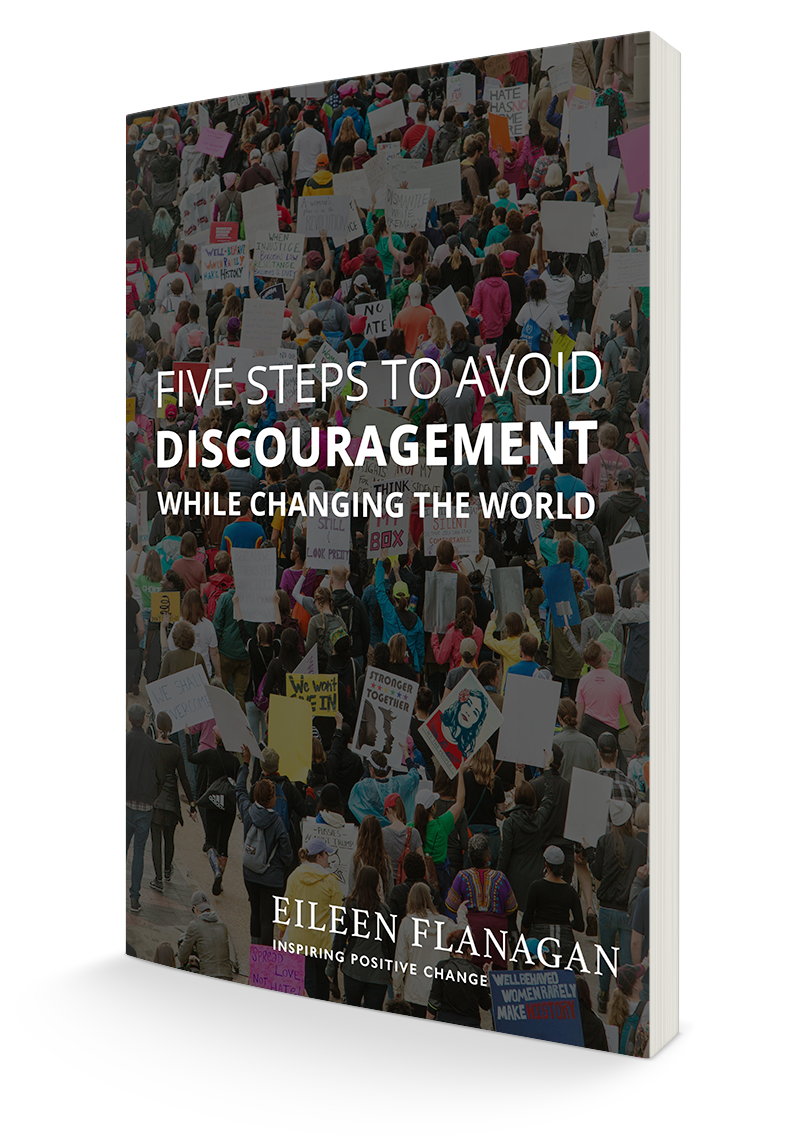I finally gave away my mother’s wedding dress a few weeks ago. When she died three and a half years ago, I didn’t linger over most of her possessions or procrastinate their disposal. She paid rent by the month, so there was an incentive to get going on the task, which fit my disposition anyway. After a year of caring for my mother, keeping vigil in her apartment during her waning hours, I was prepared to let go.
Some things I kept and made mine: the bamboo Victorian furniture that had been given as a wedding present to my Irish immigrant grandmother by the family she served as a maid; my grandmother’s china; the bowl my mother kept jewelry in, along with several of her favorite pieces; miscellaneous lamps and kitchen gadgets. I also kept my mother’s porcelain Mary, although I didn’t keep her faith—at least not the form of it.
Other things found good homes. I am sometimes startled to see my mother’s copy of Botticelli’s Venus when visiting a friend’s bathroom, a reminder of the wonderful female friends who helped me pack up my mother’s possessions, and occasionally took a few home. One friend, visiting from across the country, heard the story of my mom’s long hunt for Madeline molds and carried them back to a friend of hers who was currently on the same search. Carloads went to the Salvation Army. A van-full went to a recycling center. Some went in the trash.
And then there was a pile of clothing that could never be mine, but which couldn’t be dumped at the Salvation Army either: my mother’s wedding dress; the tailor-made wool suit she prized from her single days of travel; the red velvet dress she wears in pictures of her courtship with my father. These sat in a remote closet—too small for me, too large for my daughter, too dated and laden with memories for either of us.
They might have stayed there another twenty years if we hadn’t decided to sand the wood floors in our house, a project that required packing up all our possessions, as if we were moving. The packing revealed all we don’t use or need, resulting in a few more trips to the Salvation Army. Finally, I thought of a home for the wedding dress pile. My daughter was attending camp at the Philadelphia Theatre Company, a group that seemed more likely to want clothes from the fifties than anyone else I could think of. The director accepted them with enthusiasm, and I handed over the last of my mother’s things with just a twinge of sadness.
There are stages to grief, I am remembering during a month where I’ll attend two funerals. The one last week was for the father of a college friend who drove five hours to be with us for my mother’s funeral (and to clean out her refrigerator afterward). I was glad to be able to make the drive in reverse last week, glad to see our children playing together, and glad to realize that the things I’ve kept the longest have been friendships.




Oh I *love* what you did with your mother’s vintage things. They will have a new life that is full of fun and laughter. Sounds like just the thing for these items that came from what was probably a fun and exciting period of your mother’s life. Blessings.
Stephanie